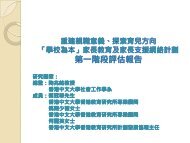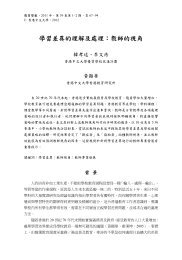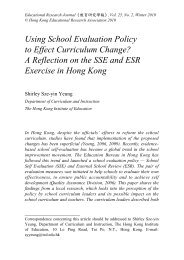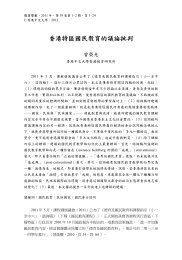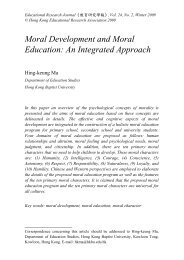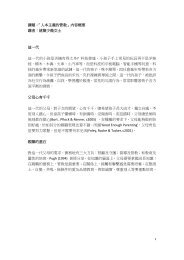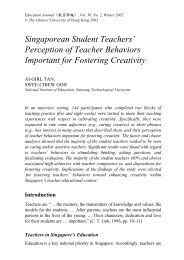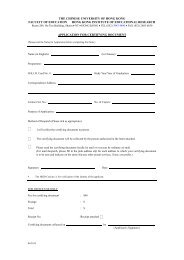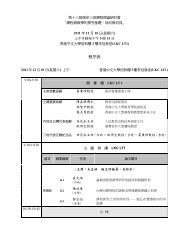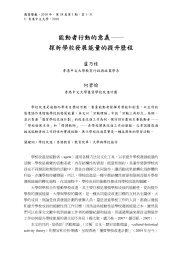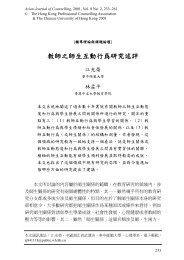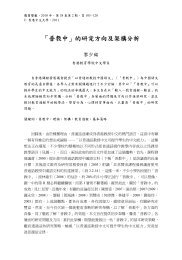Filial Therapy as a Cross-Cultural Family Intervention - The Chinese ...
Filial Therapy as a Cross-Cultural Family Intervention - The Chinese ...
Filial Therapy as a Cross-Cultural Family Intervention - The Chinese ...
You also want an ePaper? Increase the reach of your titles
YUMPU automatically turns print PDFs into web optimized ePapers that Google loves.
Daniel S. Sweeney, Catherine Skurja<br />
Children and families present unique challenges for the practicing<br />
counselor. While interventions must be culturally appropriate, they must<br />
also be developmentally appropriate and empirically effective. <strong>The</strong>rapeutic<br />
work with families must be systemic, involving the recognition that people<br />
and presenting problems do not exist in a vacuum. Systemic therapy is<br />
inherently inclusive, and <strong>as</strong> such should include children in the process.<br />
Children, in light of their developmental level, can only be included if the<br />
intervention acknowledges and honors developmental differences. Sweeney<br />
and Rocha (2000) <strong>as</strong>sert that it is the therapist’s responsibility to respond to<br />
the “lowest developmental denominator” in order to be truly inclusive and<br />
systemic.<br />
This response recognizes that children developmentally communicate<br />
differently than adults. <strong>The</strong>y communicate through play. Play, <strong>as</strong> will be<br />
further discussed below, is the fundamental language of children. This is<br />
ubiquitous, <strong>as</strong> children in all cultures play. While the play media and verbal<br />
language may differ, the fact that children communicate through play is<br />
universal.<br />
Play is an activity for children which serves many purposes beyond its<br />
intrinsic value. It provides a means for communication and m<strong>as</strong>tering of<br />
their world, and <strong>as</strong>sists in forming an identity with their family and culture.<br />
<strong>The</strong>re is a growth and freedom in being able to adapt, <strong>as</strong>sume, modify, and<br />
forfeit various roles in play. For children, the ability to move in and out of<br />
play roles fosters a capacity for incre<strong>as</strong>ed responsibility in everyday life.<br />
While roles and responsibilities differ across cultures, they can be explored<br />
in developmentally appropriate ways.<br />
Each culture h<strong>as</strong> its own symbols, metaphors and nuances of<br />
communicating through verbal and nonverbal ways. Language is a significant<br />
component in what defines a culture. However, if adults limit themselves to<br />
relating with children only through verbal cues, they are imposing the adult<br />
176



